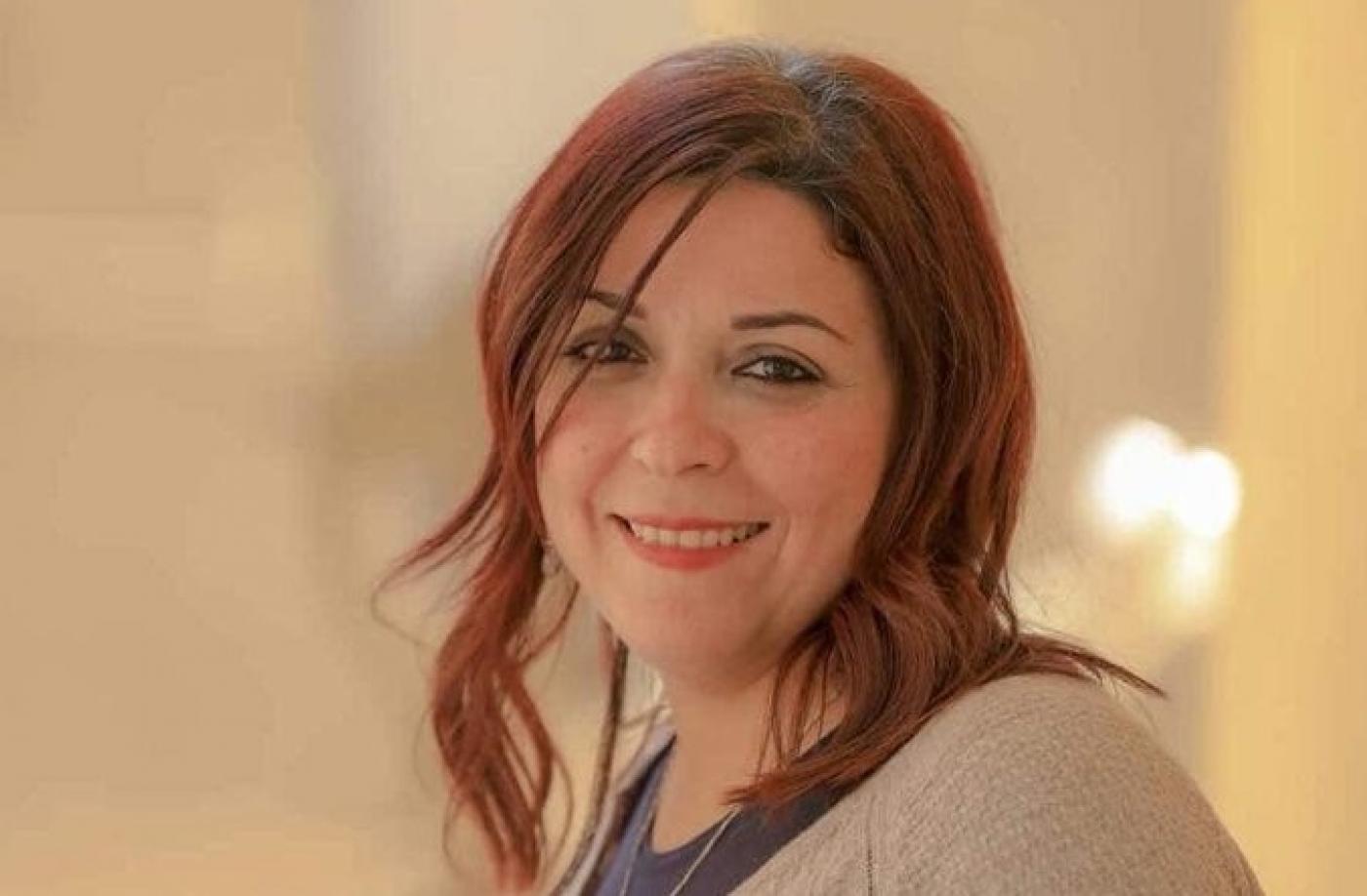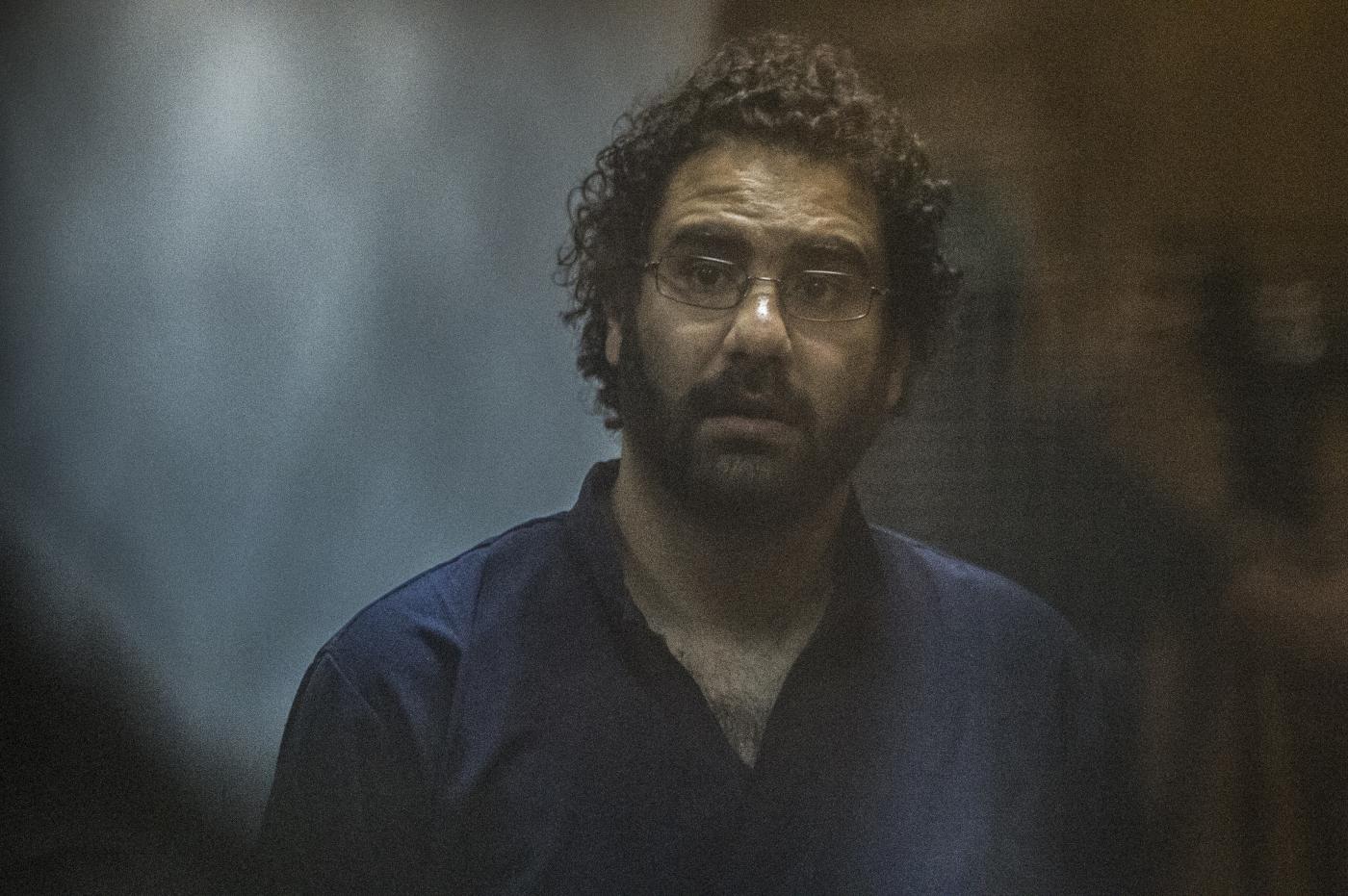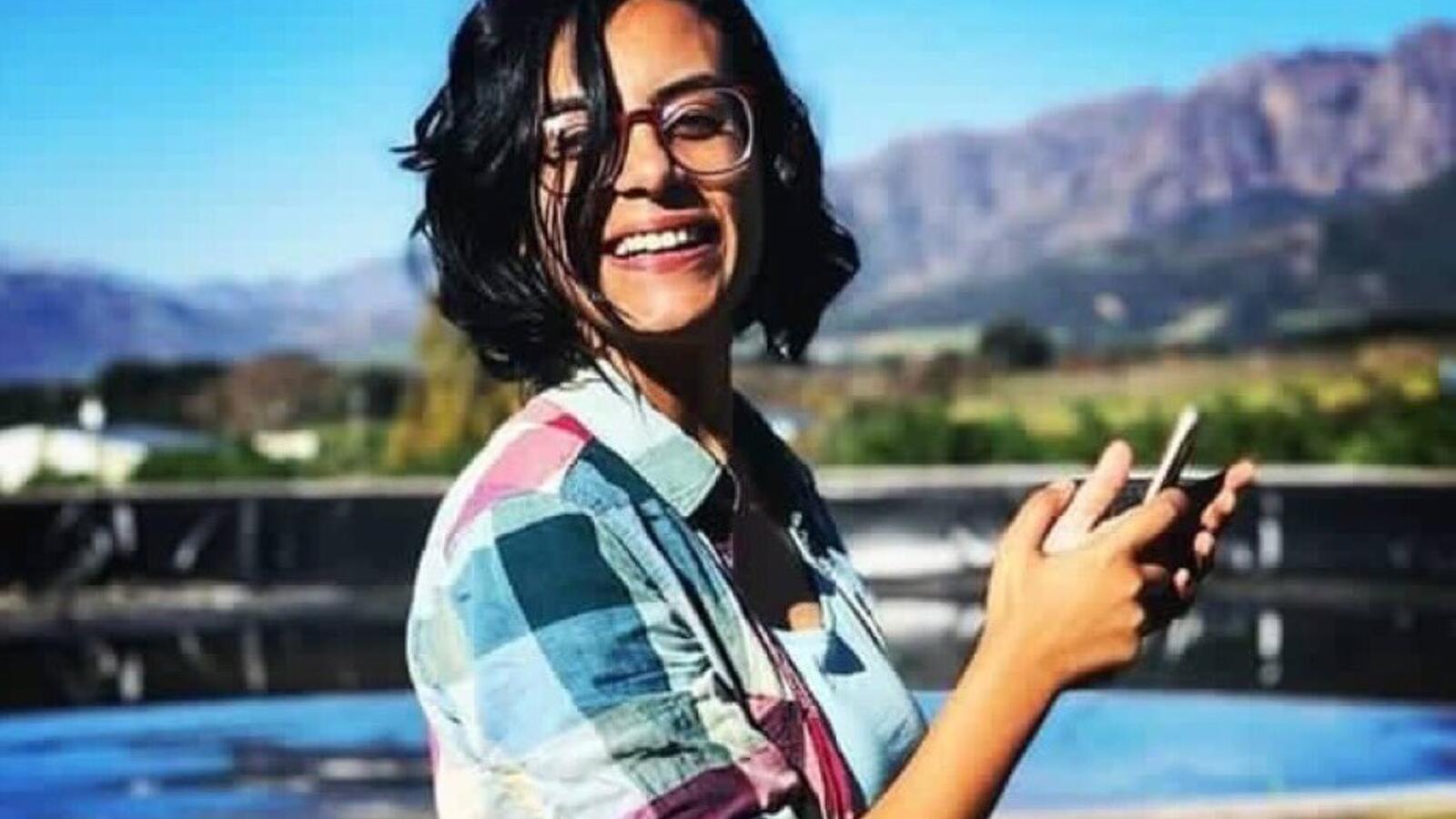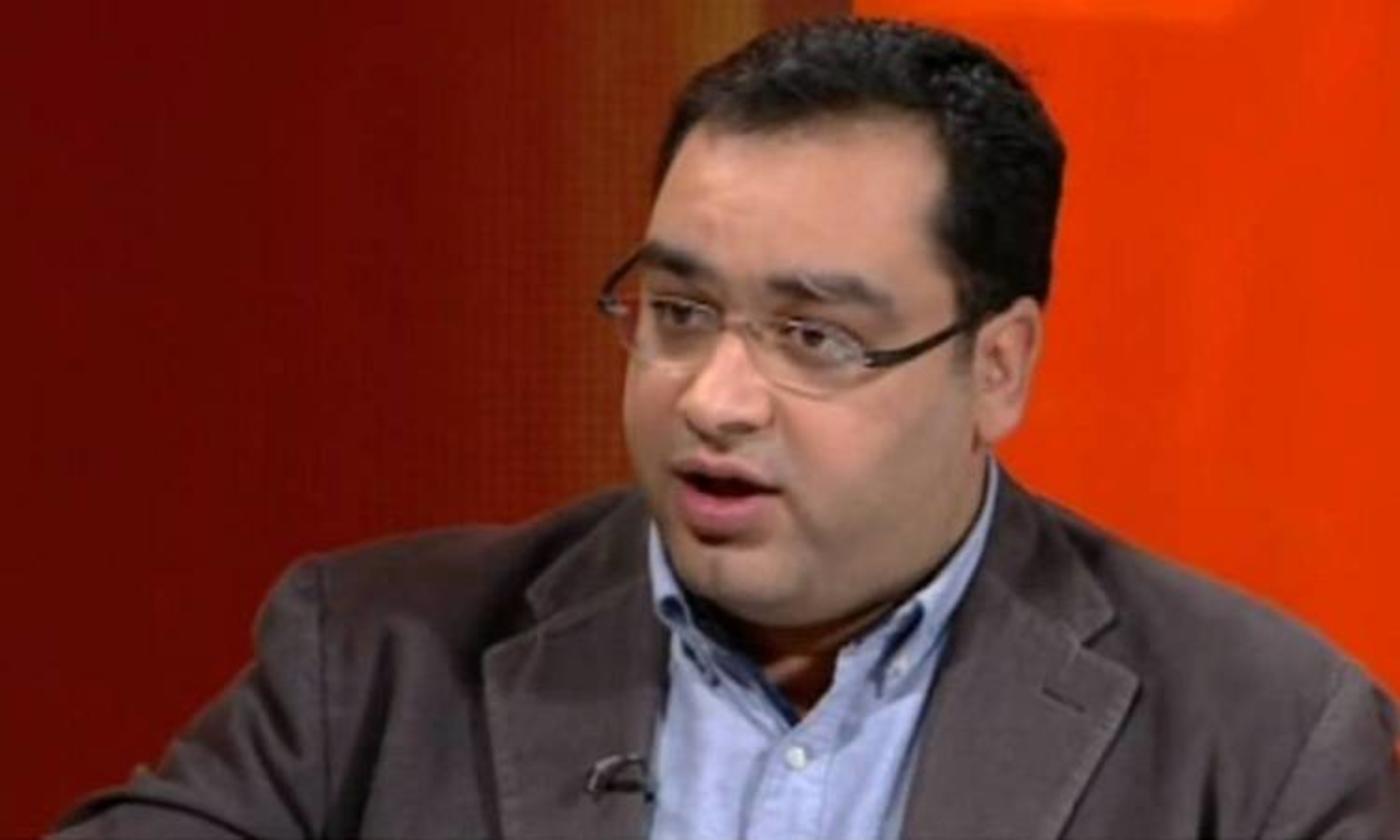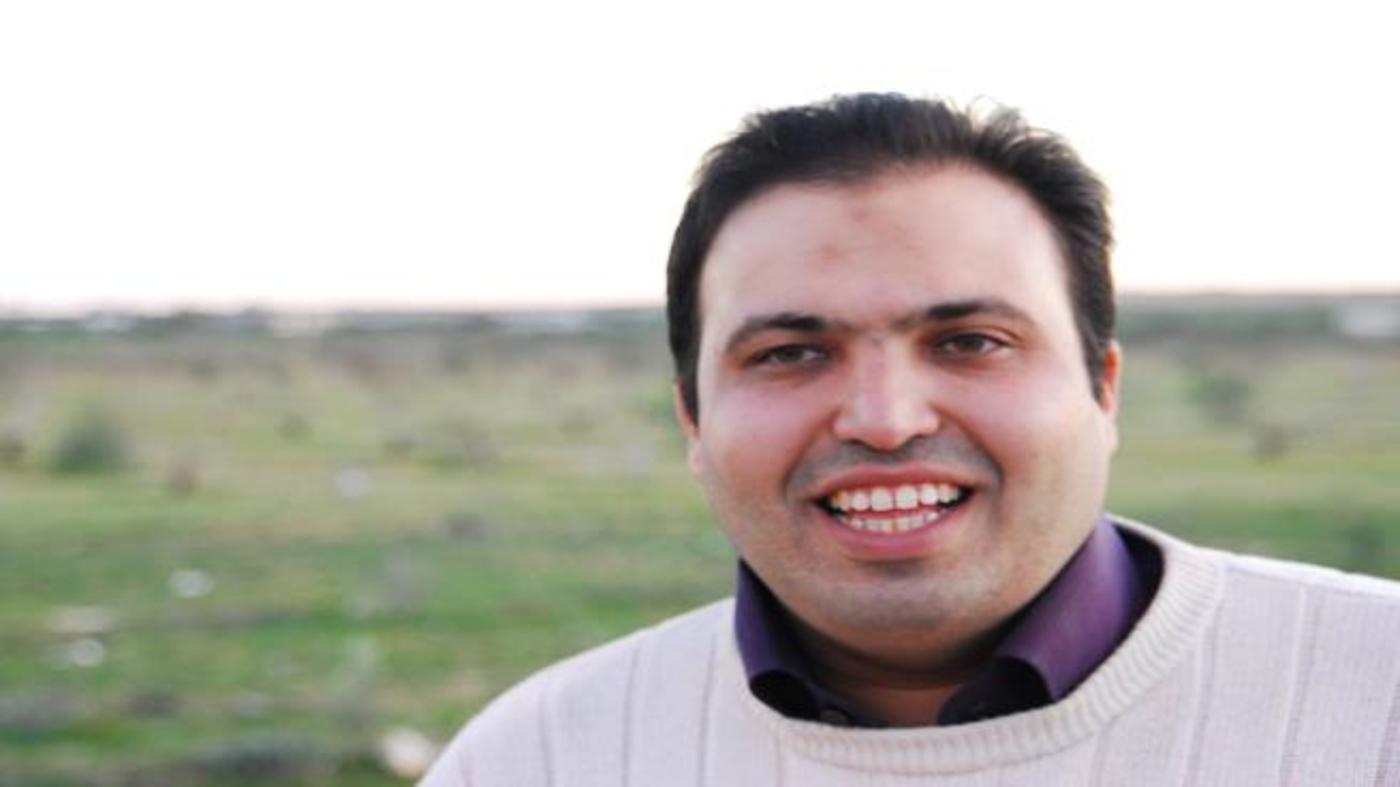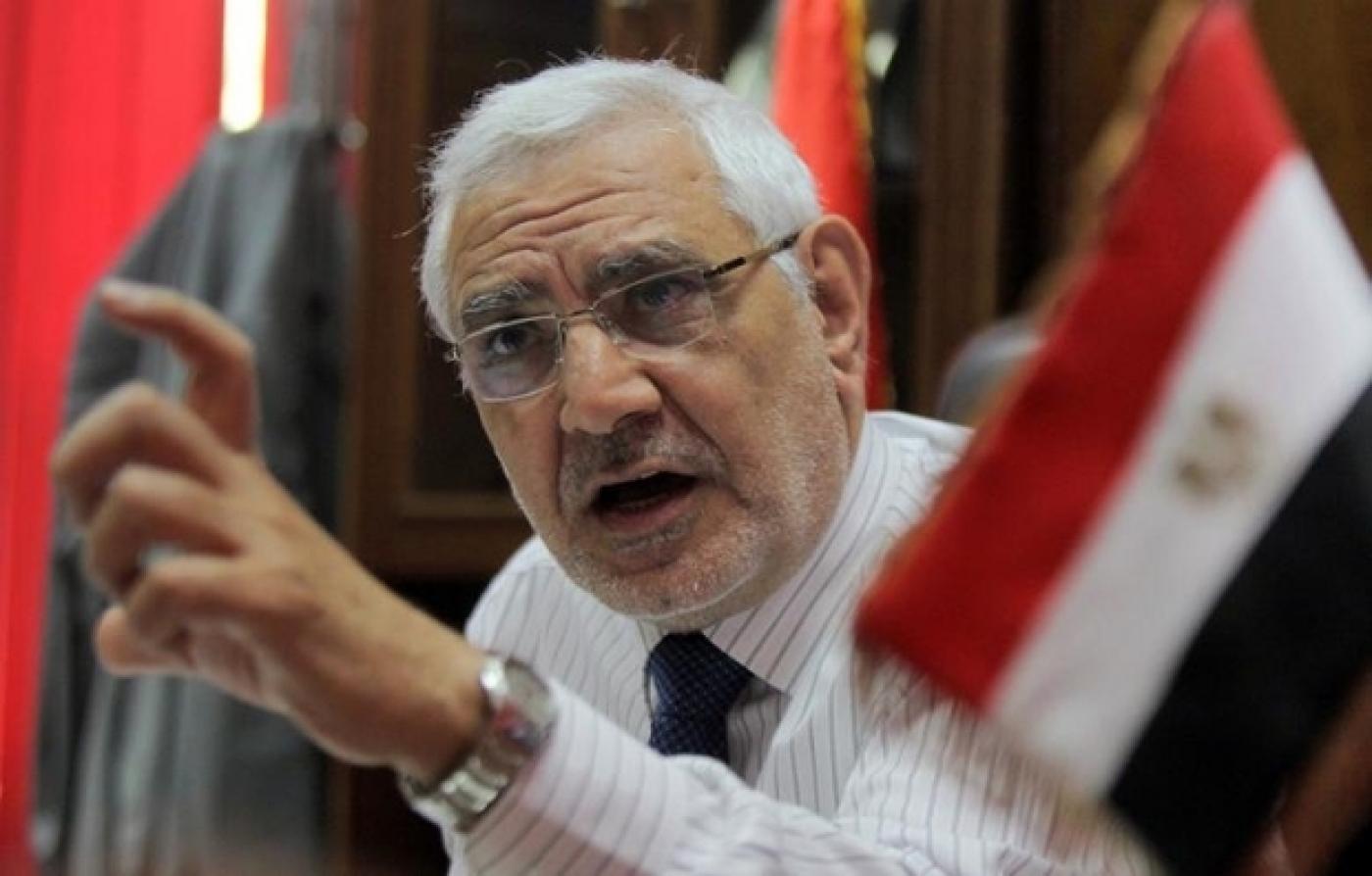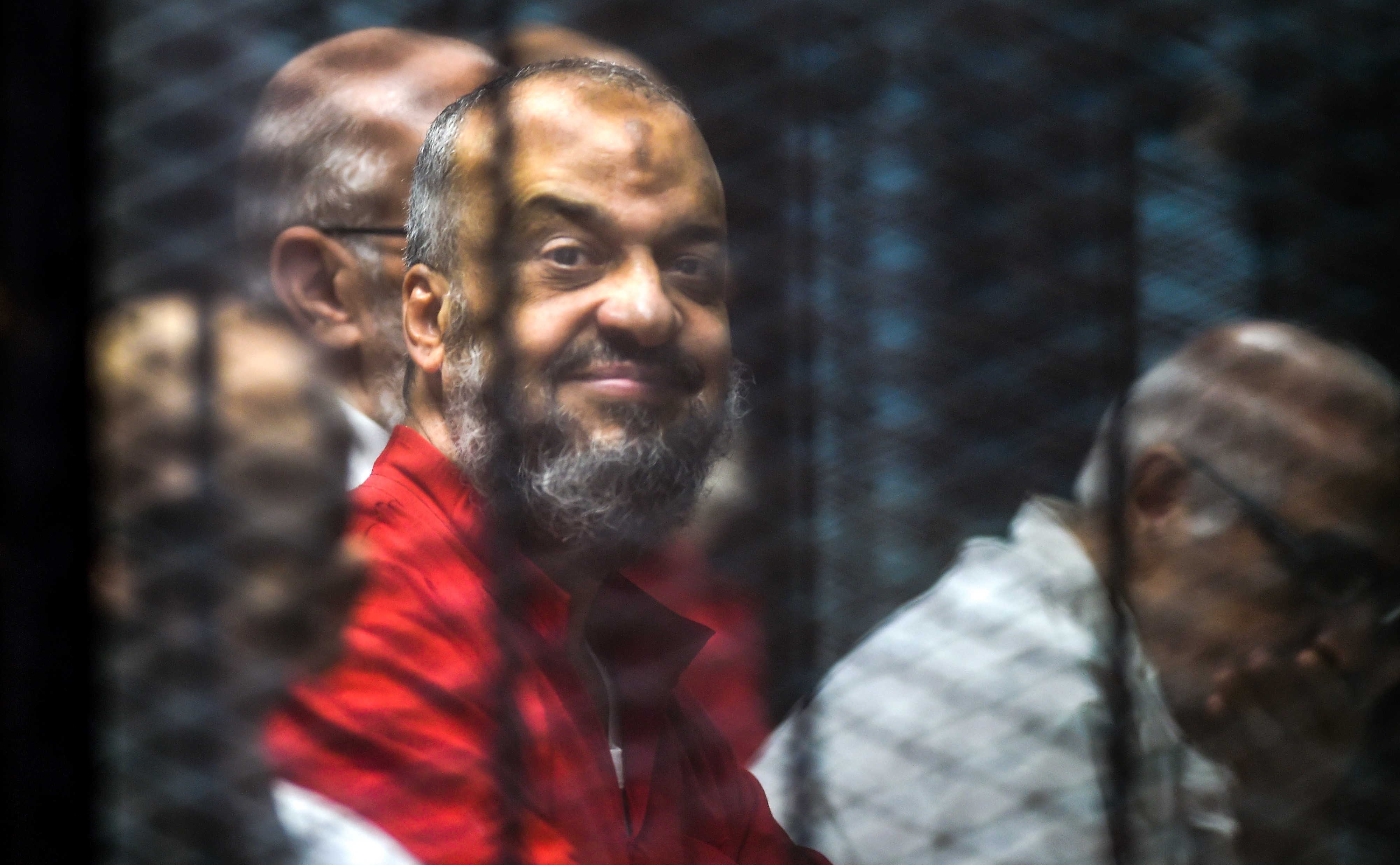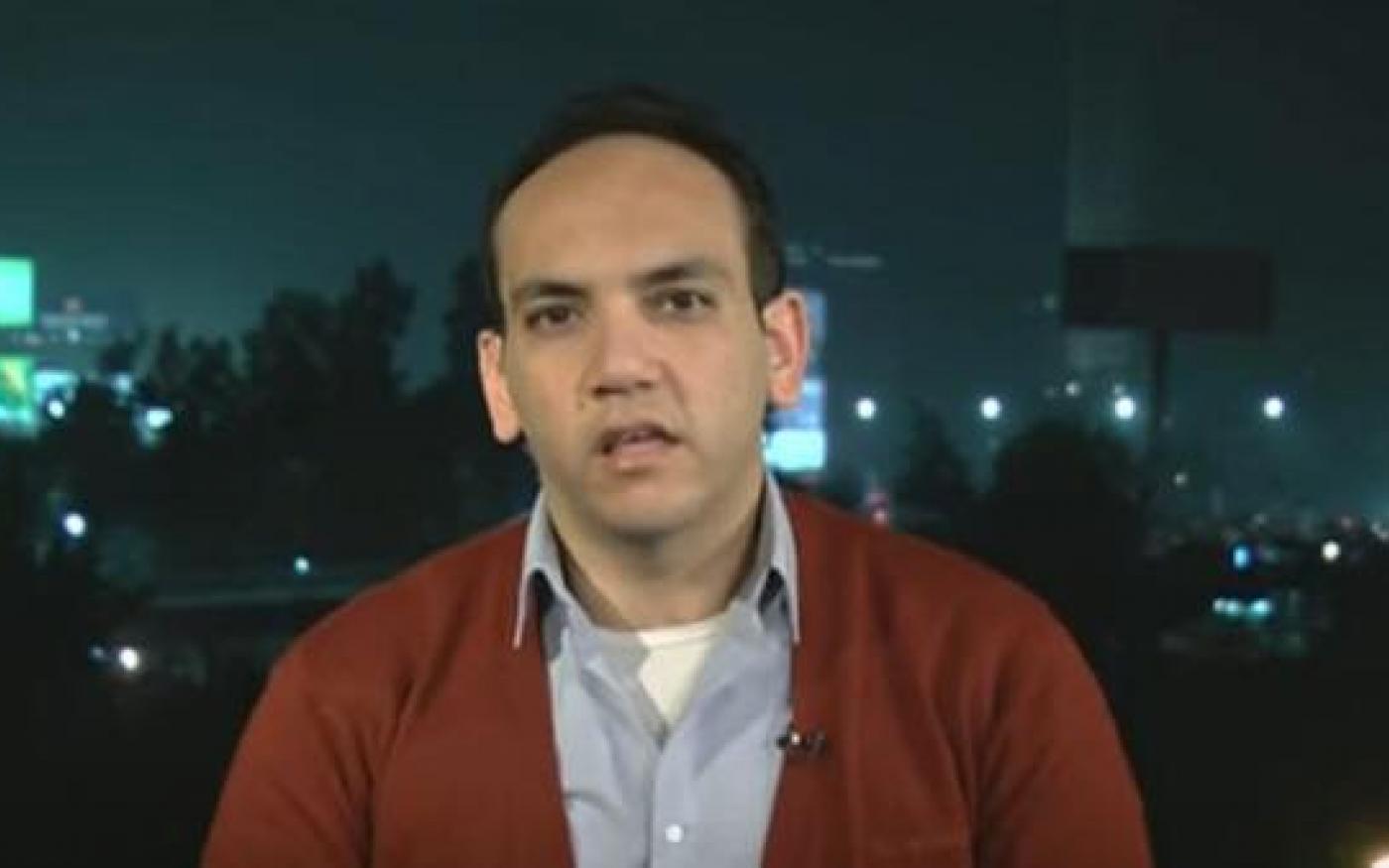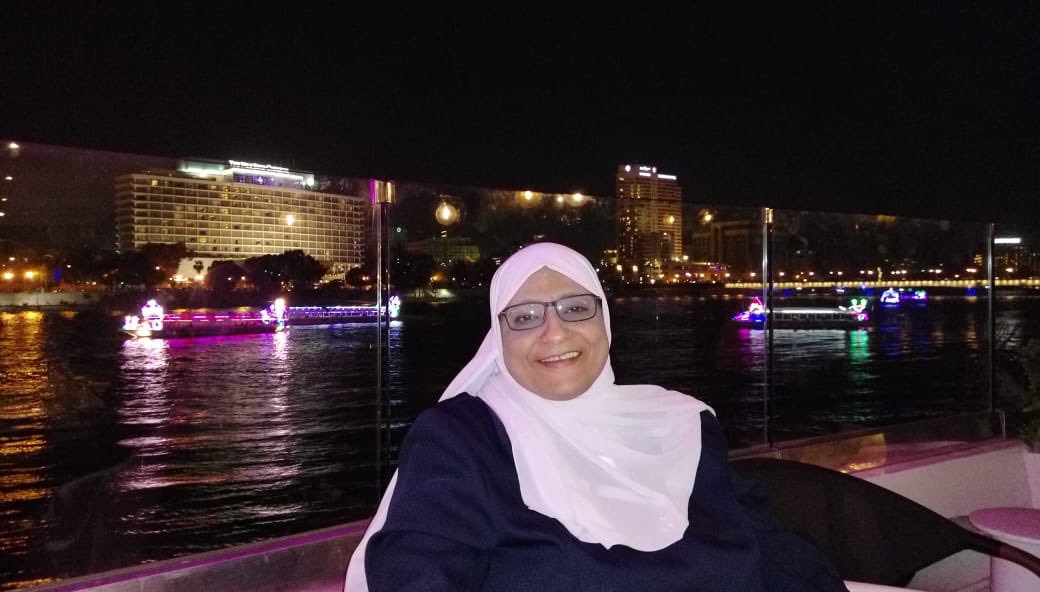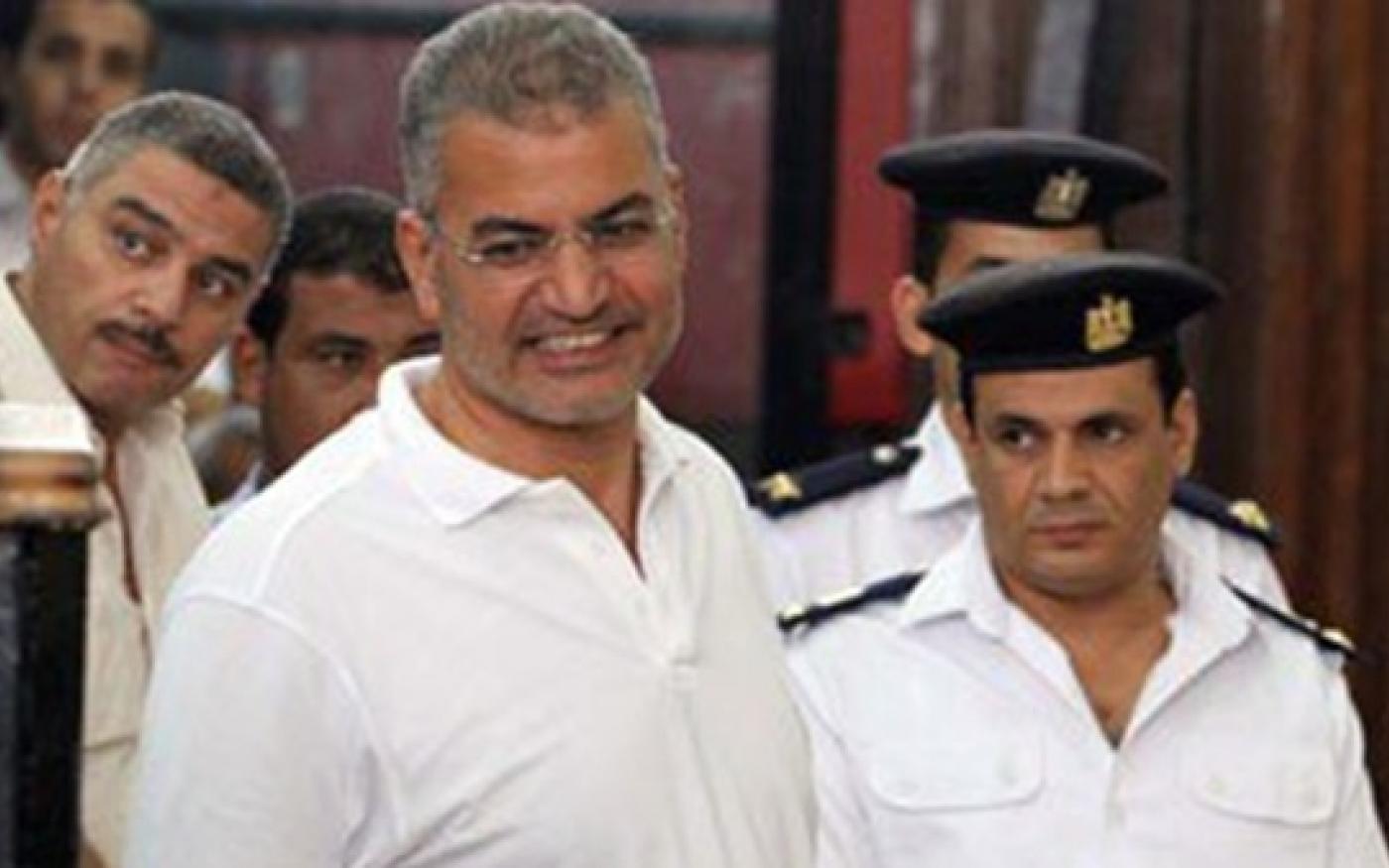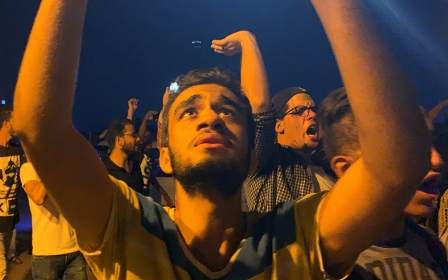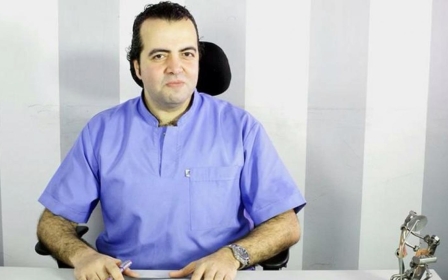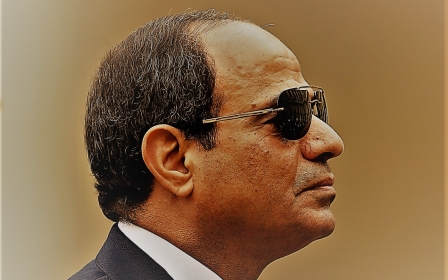Ten icons of Egypt's 2011 revolution now languishing in prison
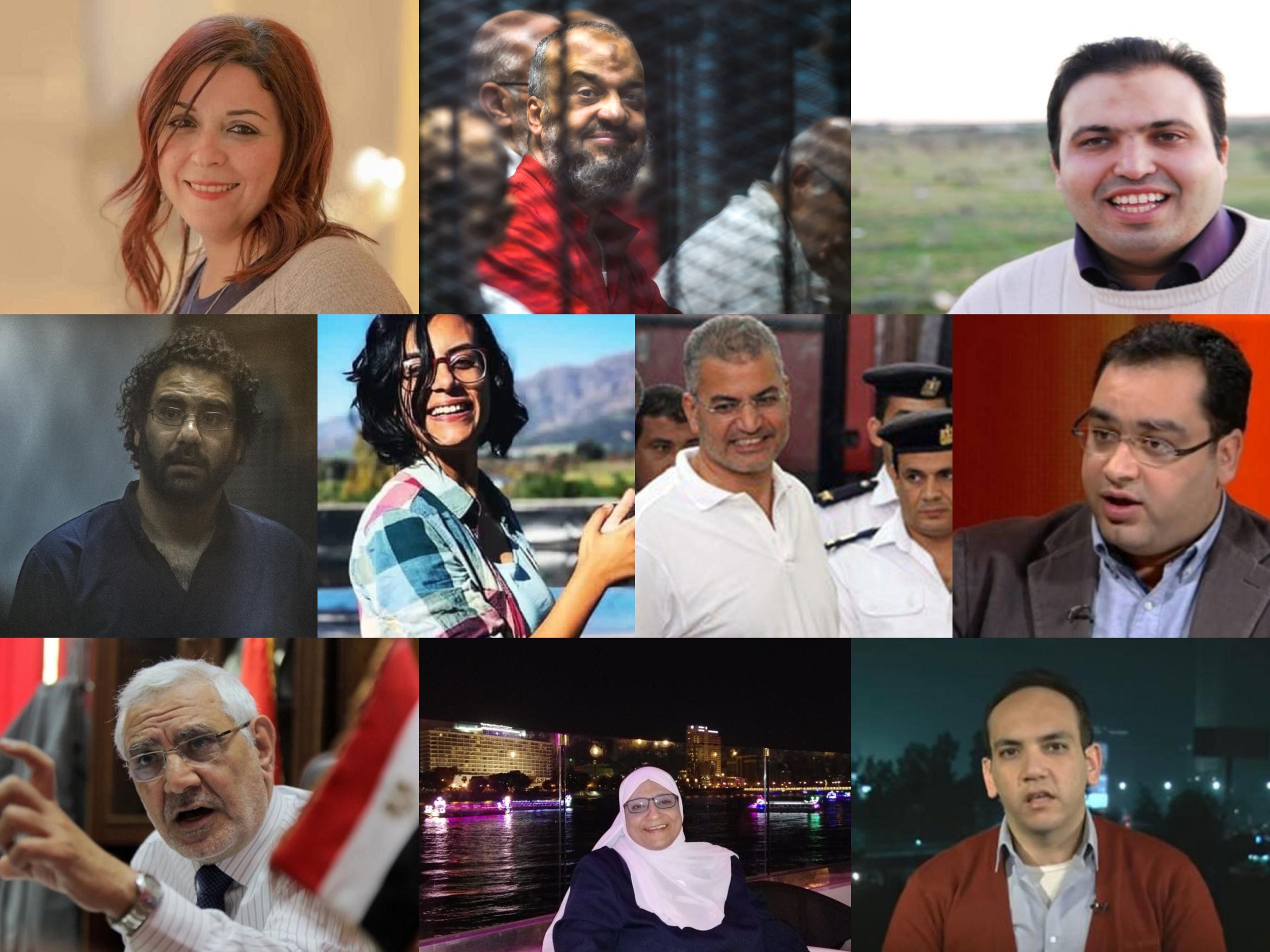
On the ninth anniversary of revolution that helped oust long-time president Hosni Mubarak from power, many of its most prominent leaders currently languish in jail.
According to Human Rights Watch, tens of thousands of people have been arbitrarily arrested and hundreds have been sentenced to death in mass trials since 2013, when then-defence minister Abdel Fattah el-Sisi overthrew president Mohamed Morsi in a military coup.
Sisi, now president, has denied that Egypt has any political prisoners. His government has justified the crackdown against dissidents as part of the war against terrorism.
Below are profiles of 10 leading figures of the 25 January 2011 uprising, whose detention has been condemned by numerous rights groups as politically motivated.
Israa Abdelfattah
New MEE newsletter: Jerusalem Dispatch
Sign up to get the latest insights and analysis on Israel-Palestine, alongside Turkey Unpacked and other MEE newsletters
One of the most iconic leaders of the 2011 revolution, Israa Abdelfattah, 41, has been held in pre-trial detention since October 2019.
Abdelfattah's health has reportedly deteriorated following a hunger strike that she started on 8 December in protest at the authorities' failure to investigate her torture complaints.
She was arrested on 12 October and later added to a case involving a group of dissidents who are all charged with joining an outlawed group, spreading false news and misusing social media. She has denied the charges.
Her arrest came as authorities cracked down on a spate of protests in September, the largest public show of discontent with Sisi's government in years.
The protests erupted on 20 September over a series of corruption allegations a prominent actor and businessman, Mohamed Ali, levelled against Sisi and other top officials. Abdelfattah, however, did not join the protests.
Abdelfattah rose to prominence after co-founding the 6 April Movement in 2008 with Ahmed Maher to promote workers' rights and rally Egyptians for a range of pro-democracy demands. The group was among the key organisers of the 2011 protests and is now outlawed.
Prior to her arrest in October, she worked as a digital media specialist and journalist at the pro-government newspaper Al-Youm Al-Sabea.
Alaa Abdel Fattah
Alaa Abdel Fattah is a leading voice on the Egyptian left and has been in jail since 29 September 2019. It is his second stint in incarceration.
The 37-year-old is facing charges of "belonging to an illegal organisation" and "spreading false information".
According to his lawyers, Abdel Fattah has been beaten, threatened and robbed in prison since his arrest.
He was previously jailed on charges of protesting without permission in 2013 and was released in March 2019.
However, the terms of his parole dictated that for five years the activist must spend every night in a cell in his local police station, from where he was arrested in September.
His lawyers said that during his latest arrest officers blindfolded Abdel Fattah as they took him from the Dokki police station to Tora maximum security prison.
He was slapped and kicked as he entered the prison door, they said, and told to strip to his underwear, then forced to walk down a corridor of people as he was beaten on his back and neck for 15 minutes.
After the beatings stopped, the lawyers said, Abdel Fattah was blindfolded again and taken to see an officer who, according to a family statement, told him that "he hates the revolution and hates him".
Mahienour el-Massry
Mahienour el-Massry, 34, is an award-winning human rights lawyer. She has been detained three times since Sisi came to power.
Her latest detention was on 24 September, when she was arrested outside the state prosecutor's headquarters, where she was representing clients arrested on charges of joining illegal protests.
According to her colleagues, security forces in civilian clothes snatched Massry and took her away by minibus. It only became clear later that she had been arrested.
In addition to her legal career, Massry has been an outspoken pro-democracy activist. She has taken part in organising protests and events in solidarity with political prisoners and to promote the independence of the judiciary.
Massry was jailed twice, in 2015 and 2017, on charges related to her protests calling for the release of political prisoners.
Ziad el-Elaimy
A prominent face of the 2011 revolution, Ziad el-Elaimy was arrested in June 2019 along with a number of left-wing and liberal activists.
Elaimy is a lawyer and a former member of parliament.
During the 2011 revolution, Elaimy served as a member and spokesperson of the key youth group organising the protests, the Revolutionary Youth Alliance.
Eleimy was arrested by plainclothes officers from a friend's home in Cairo's Maadi district in June, according to his mother.
His friends have repeatedly warned that he suffers from diabetes, high blood pressure and asthma, which could deteriorate in prison.
Mohamed el-Qassas
Mohamed el-Qassas was a leading member of the youth alliance that helped coordinate the 2011 revolution.
Qassas was arrested on 8 February 2018 and charged with joining the Muslim Brotherhood, the now-outlawed group Morsi hailed from, and "disseminating false news". He was also added to Case 977/2017, which includes several activists, bloggers and journalists.
Qassas is the vice-president of the Strong Egypt party. His party had advocated calls for boycotting the 2018 presidential elections in which Sisi ran virtually uncontested.
He was released on 8 December after serving two years in solitary confinement. Qassas, however, was re-arrested on 21 January 2020, in what rights groups have said is "a recycling of a previous case".
The current case, according to a joint statement by Egyptian rights groups, is based on "national security investigations" only, and accuses Qassas of organising meetings inside his solitary prison cell, as well as joining a terrorist group and financing it from inside the prison.
Abdel Moneim Aboul-Fotouh
Aboul-Fotouh, 69, is the founder and president of the Strong Egypt party, which he established after quitting the Muslim Brotherhood in 2011 over disagreements with its leaders.
He was among Brotherhood leaders who backed the 25 January protests against Mubarak, through his participation at one of its earliest protests.
He has been held in pretrial detention since February 2018, accused of spreading false news to harm national interests. Aboul-Fotouh has since been held in solitary confinement at Tora prison. His cell is 2x3 metres in size.
Aboul-Fotouh ran in the 2012 presidential elections and came fourth with 17.4 percent of the vote. He was arrested ahead of the March 2018 presidential elections, in which Sisi was endorsed by his only opponent and won an overwhelming majority of the vote.
It is believed he was arrested because of media interviews he conducted with journalists from London the month before, in which he indirectly criticised Sisi and the pre-election exclusion of all the president's potential rivals.
Mohamed el-Beltagy
Mohamed el-Beltagy is the general secretary of the Muslim Brotherhood and was one of the political figures who backed and participated at the 2011 pro-democracy protests in Tahrir Square.
He was elected to parliament in 2005 and 2012.
A physician and former lecturer in the medical school of Cairo University, he has been in solitary confinement at a maximum-security prison since 2013.
He has been sentenced to death three times over the past six years. Beltagy faces a total prison sentence of more than 170 years.
His daughter, 17-year-old Asmaa, was among hundreds killed in the brutal dispersal of the Rabaa Square sit-in on 14 August 2013, as she headed towards a makeshift hospital set up to help those wounded.
His son, Anas, who was detained in December 2013, languishes in prison although he has been acquitted in two of the cases filed against him and has served more than two-thirds of the jail term in a third case.
According to a Facebook post by his mother, Anas has been in solitary confinement since his arrest, and she "knows nothing" about him.
Beltagy said in a hearing session in March last year that a stroke in January had left his right arm limp, affected his pronunciation and left him unconscious. He said that ultrasound, X-rays and follow-up care, which were approved by the physician monitoring his case, were not given to him nearly two months after the stroke.
Shadi el-Ghazali Harb
Shadi el-Ghazali Harb was one of the youth leaders of the 2011 revolution against Mubarak. He also organised protests against Morsi, Mubarak's democratically elected successor, and supported his ousting by the military in 2013. He has since been a critic of Sisi.
Harb was arrested in May 2018, and is currently held in pretrial detention on charges of joining a terrorist group, spreading false news and calling for terrorist acts.
The evidence brought against him consisted of tweets in which he criticised a number of foreign policy decisions by Sisi, including ceding the Tiran and Sanafir islands to Saudi Arabia and the Egyptian-Israeli gas exchange deal.
Hoda Abdelmonem
Hoda Abdelmonem, 60, is a human rights lawyer and activist. She has been in pretrial detention since 1 November.
She is currently held at al-Qanater women's prison in Egypt's Monufia province, north of Cairo.
Abdelmonem had a leading role in the 2011 revolution, leading a women's protest that was one of the first demonstrations to reach Tahrir Square on 25 January. Once a member of the National Council on Human Rights, she quit the state institution after Sisi took power in 2013.
Prior to her arrest, Abdelmonem had been providing legal assistance to families of people who had been victims of enforced disappearance in Egypt.
As part of her efforts to document cases of those forcibly disappeared, Abdelmonem had volunteered as a consultant for the Egyptian Coordination for Rights and Freedoms (ECRF), a prominent human rights organisation that has been hard hit in the latest crackdown.
She disappeared for 21 days before appearing at Cairo's National Security Prosecution headquarters later in November, accused of "joining an illegal group" and "inciting harm to the national economy".
"Amnesty International believes that Hoda's activism, as well as being a member of the defence team in several human rights cases, are the reasons behind her arrest," the rights group said in the wake of her disappearance.
Essam Sultan
Essam Sultan, 56, is an Egyptian lawyer and politician. He is the vice president of al-Wasat party, founded by former members of the Muslim Brotherhood.
Sultan was elected as a member of parliament in the first post-revolution parliament. He was one of the key figures in the opposition movement that preceded the 2011 revolution, and a member of the Kefaya movement and the National Association for Change.
Sultan opposed the 2013 removal of Morsi and was one of those rounded up after the coup. He has been held in solitary confinement in the notorious Aqrab (Scorpion) prison since his arrest in July 2013.
This article is available in French on Middle East Eye French edition.
Middle East Eye delivers independent and unrivalled coverage and analysis of the Middle East, North Africa and beyond. To learn more about republishing this content and the associated fees, please fill out this form. More about MEE can be found here.


